release time:2024-03-14 09:52:33
Chemistry analyzers play a crucial role in modern medical diagnosis, providing valuable insights into patients' health conditions. In this article, we will undertake a comprehensive comparison of two renowned chemistry analyzers: the Mindray BS-480 and the Seamaty SD1. By examining their features, performance, and advantages, we aim to help laboratories and healthcare professionals make informed decisions about their diagnostic equipment needs.
The Mindray BS-480 is a widely recognized chemistry analyzer known for its robust performance and reliability. Equipped with advanced automation capabilities, it streamlines laboratory workflows and increases efficiency. With a high throughput and extensive test menu, the BS-480 caters to a wide range of diagnostic needs. Laboratories appreciate its user-friendly interface and precise results, making it a popular choice in the field.
The Seamaty SD1 stands out as a fully automated on-site chemistry analyzer, designed to provide faster, easier, and more accurate medical diagnosis. This portable biochemistry analyzer offers the flexibility to conduct tests anywhere, at any time. With its compact size and cloud computing capabilities, the SD1 revolutionizes the way medical decisions are made. The analyzer comes packed with features such as a built-in centrifuge, QR code functionality, real-time quality control, and the convenience of automatically printed test results within 12 minutes.
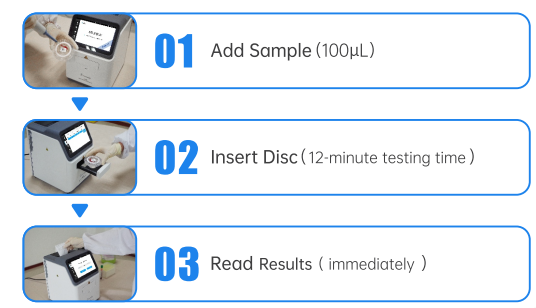
Operational steps of Seamaty SD1 chemistry analyzer
|
Feature |
Mindray BS-480 |
Seamaty SD1 |
|
Automation |
Advanced automation capabilities |
Fully automated on-site testing |
|
Throughput |
High throughput |
Rapid results within 12 minutes |
|
Test Menu |
Extensive test menu |
Multi-purpose testing capabilities |
|
Sample Volume |
Standard sample volume requirements |
Small sample volume of 0.1cc |
|
Portability |
Standard size and weight |
Small and portable, suitable for bedside testing |
|
Ease of Use |
User-friendly interface |
Simplified three-step testing process |
|
Consumables |
Regular consumables requirements |
Lyophilized reagents, valid up to one year |
|
Maintenance |
Standard warranty and maintenance |
Two-year warranty and lifetime maintenance |
In the realm of chemistry analyzers, both the Mindray BS-480 and the Seamaty SD1 offer commendable features and performance. The Mindray BS-480 stands out for its reliable performance and extensive test menu, catering to the diverse needs of laboratories. On the other hand, the Seamaty SD1 represents a new generation of on-site analyzers, providing faster, easier, and more accurate medical diagnosis. Its portability, versatility, small sample volume requirements, and lifetime maintenance advantages make it an appealing choice for healthcare professionals seeking innovative diagnostic solutions.
When selecting a chemistry analyzer, laboratories and healthcare facilities should carefully assess their specific requirements and consider the unique strengths of each instrument. By making an informed choice, they can enhance their diagnostic capabilities and ultimately improve patient care.
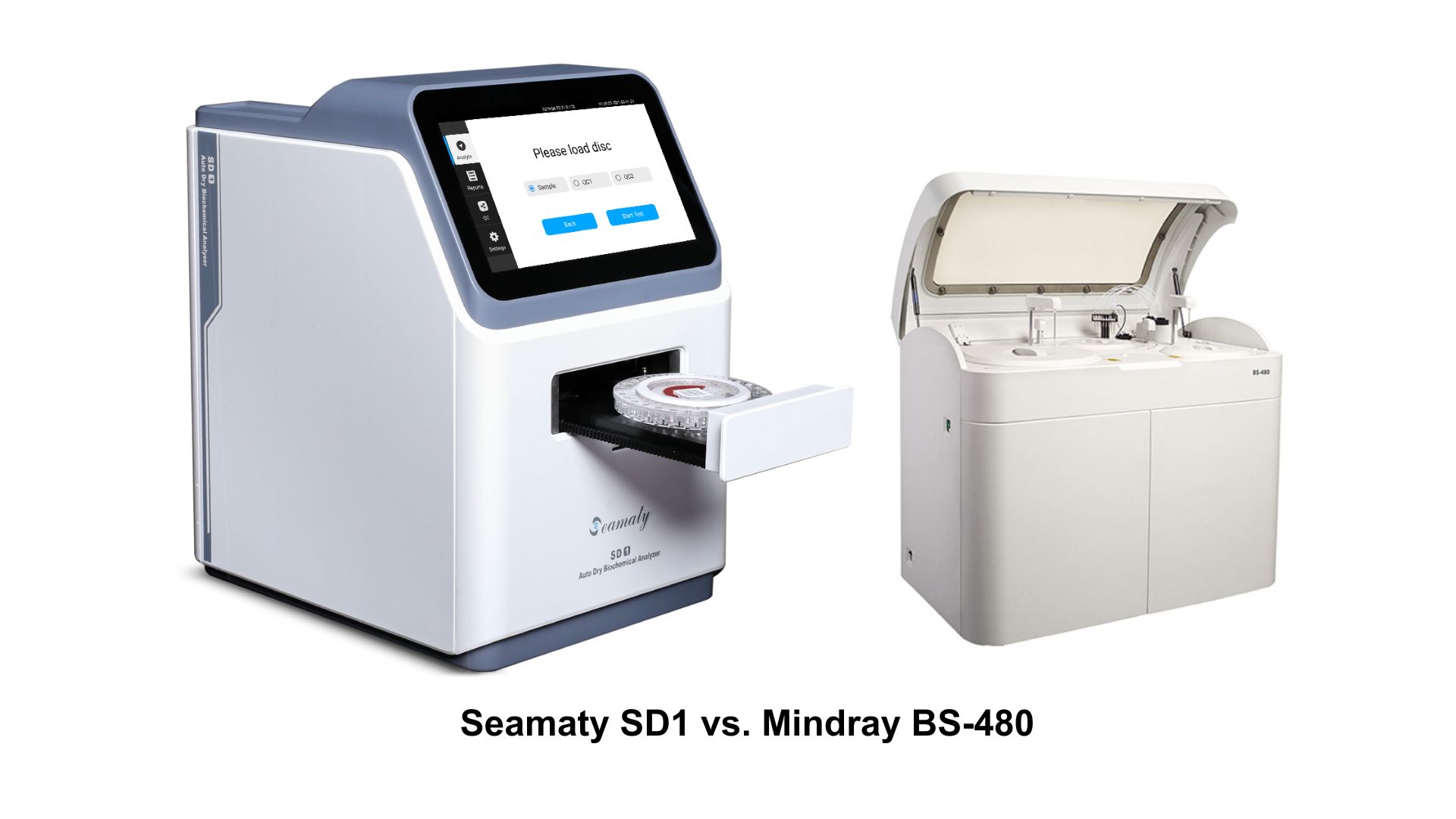
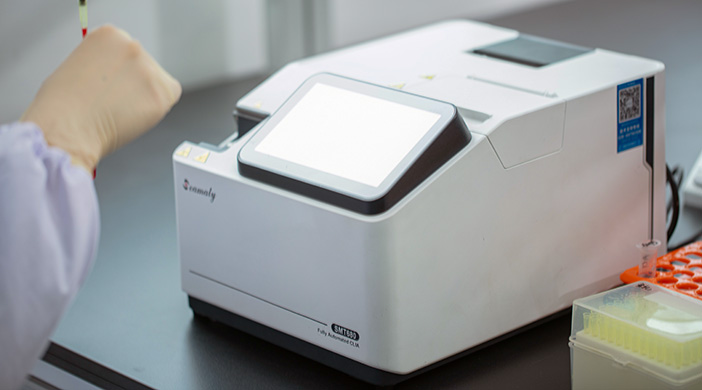
2022-08-19
Analyzers that measure biochemistry are a subset of clinical chemistry analyzers, are types of medical devices used in medical labs to find out how much of a given drug, protein, electrolyte, Analyzable analyzable or metabolite present in serum, plasma, urine, cerebrospinal fluid, or other body fluid samples.
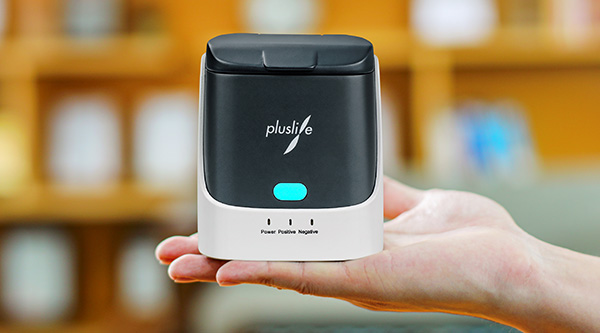
2022-03-10
Most of the products currently on the market include qPCR nucleic acid detection technology, antigen detection technology, antibody detection technology,
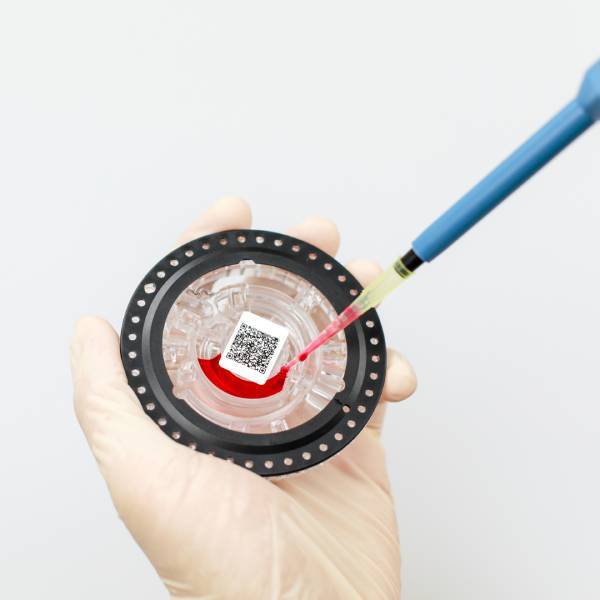
2021-08-23
The performance of in vitro diagnostic reagents is mainly reflected in three aspects.1. Analytical performance: It mainly includes precision, accuracy, sensitivity, specificity, linear range and other performance of reagents.2、Diagnostic performance: the sensitivity and specificity of the detected substances.3、Stability: the validity period, transportation stability, open bottle stability, and accelerated stability of reagents.